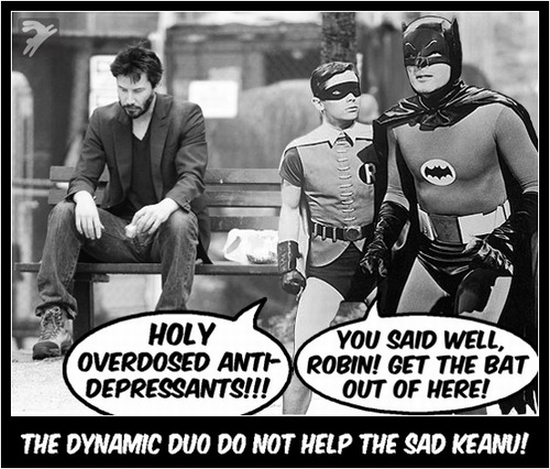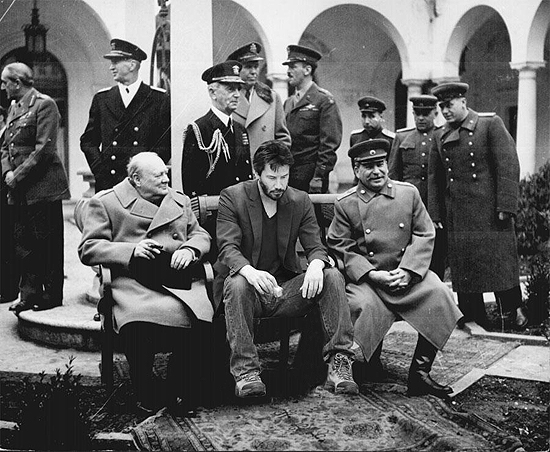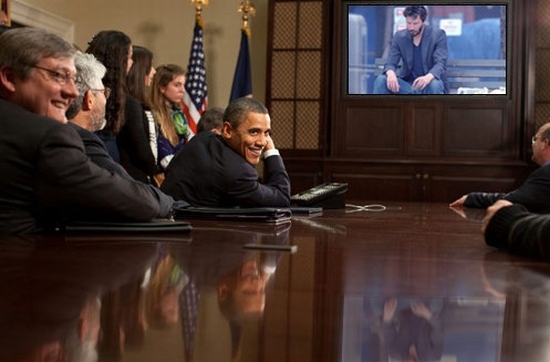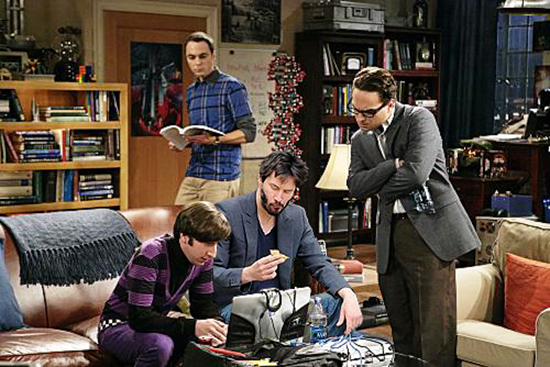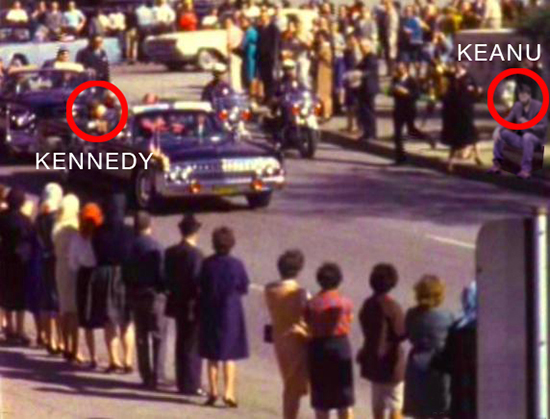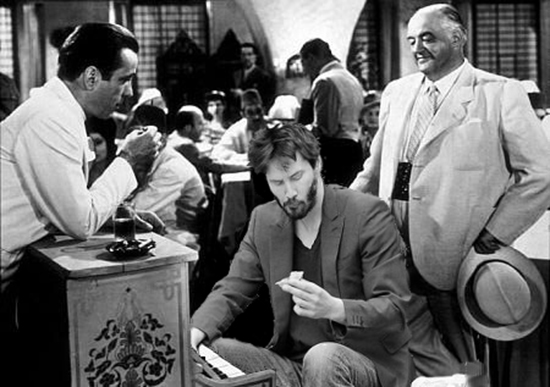Wildfire update – Sept. 9, 2011
Current situation:
New large fires from yesterday (more than 100 acres in timber, 300 acres in lighter fuels; or where homes were lost):
HICKORY HILL CEMETERY, Camp County. 181 acres, contained. Burning in cutover and pine. This fire started Tuesday, however TFS resources were not utilized until yesterday.
DAM, Hill County. 250 acres, 80 percent contained. It appears that up to six homes were lost on this fire yesterday.
Uncontained fires from previous days (more than 100 acres in timber, 300 acres in lighter fuels):
BASTROP COUNTY COMPLEX, Bastrop County. 34,068 acres, 30 percent contained. Crews and equipment continue to mop up and patrol. Good progress was made on the fire yesterday. An assessment team has confirmed 1,386 homes have been destroyed. Two civilians were found dead Tuesday as search crews went through the charred subdivisions. A Southern Area Type I Incident Management Team is assisting in managing the fire.
BEAR CREEK (#536), Cass County. 25,000 acres, unknown containment. Acreage may be higher than what is estimated at this time. MODIS satellite image indicates approximately 40,000 acres have burned. The fire is burning very actively in heavy timber and is threatening numerous houses. Scoopers, heavy airtankers, and Texas Intrastate Fire Mutual Aid System engines are assisting. Eight homes have been destroyed. A Type 1 Incident Management Team is assisting with management of the fire.
PEDERNALES BEND (Spicewood), Travis County. 6,500 acres, 80 percent contained. The fire is burning 4 miles southeast of Spicewood. Sixty-seven homes were destroyed.
RILEY ROAD, Grimes/Montgomery/Waller counties. 15,000-plus acres, 60 percent contained. Active fire behavior was observed yesterday as the fire moved to the southwest in Waller County. Approximately seventy-five homes have been destroyed on this fire burning just west of Magnolia.
UNION CHAPEL, Bastrop County. 719 acres, 90 percent contained. Twenty-five homes were destroyed on this fire just west of Bastrop. Aircraft responded immediately after the fire was reported, but was ineffective in the windy conditions.
WHITE OAK ROAD, Gregg County. 300 acres, 80 percent contained. The fire is burning in pine and hardwood. No new information was received.
PETERS CHAPEL, Harrison County. 650 acres, 80 percent contained. The fire is burning actively in pine plantation. Numerous homes have been evacuated. Two homes were destroyed. No new information was received.
CLARKSVILLE, Red River County. 350 acres, 90 percent contained. Two homes were lost on this timber and grass fire burning near Clarksville.
#521, Cherokee/Rusk County. 256 acres, 90 percent contained.
#538 (Lansing Switch Road), Harrison County. 200 acres, 50 percent contained. The fire is burning in pine and hardwoods. No new information was received.
DELHI, Caldwell County. 6,000 acres, 85 percent contained. Twenty homes were saved and six were lost on this fire east of Lockhart.
DIANA (#545), Upshur County. 2,500 acres, 70 percent contained. The fire is burning in grass and timber. Twenty homes are threatened. No new information was received.
LUTHERHILL, Fayette County. 2,700 acres, 95 percent contained. The community of Ruttersville was evacuated. Fourteen homes were destroyed.
BONBIEW RANCH, Van Zandt County. 350 acres, 80 percent contained. Twenty homes were saved southeast of Canton. No new information was received.
MOORE, Smith County. 1,556 acres, 90 percent contained. Ten homes were evacuated and five were lost on this fire burning on the Smith/Gregg County line. The fire continued to be active Wednesday night. Two civilian fatalities were reported last Sunday.
BOOT WALKER (#553), Marion County. 1,000 acres, unknown containment. A wind shift to the south could threaten 30 homes.
TOAD ROAD (#552), Upshur County. 350 acres, unknown containment. The fire is burning in timber. Three homes were lost and dozens remain threatened. No new information was received.
HALSBRO COMPLEX, Red River County. 958 acres, 95 percent contained. The fire is burning in grass. Fifteen homes are threatened, but none reported lost.
#507, Anderson County. 1,400 acres, unknown containment.
#504, Anderson County. 800 acres, unknown containment.
#502, Nacogdoches County. 4,000 acres, unknown containment. MODIS satellite shows the fire may be approximately 9,000 acres. The fire was very active yesterday. More than a dozen homes have been evacuated, but none lost.
ARBOR, Houston County. 3,000 acres, 90 percent contained. The fire is burning in timber. Up to 15 homes are reported lost.
OLD MAGNOLIA, Gregg County. 1,000 acres, 80 percent contained. Several structures and a gas plant are threatened. No new information was received.
101 RANCH, Palo Pinto County. 6,555 acres, 85 percent contained. The fire is burning on the south side of Possum Kingdom Lake near the town of Brad. Thirty-nine homes and nine RVs have been reported destroyed. Crews continue to mop up and aircraft are monitoring.
Weather Outlook:
A surface ridge of dry high pressure will maintain a dry air mass and northerly component to the flow to much of the Lone Star state into early next week. A weak surface trough of low pressure in place over the panhandle during may lead to some localized gusty winds at times over the far northern portions of the panhandle where an isolated shower or thunderstorm could occur. The pressure gradient will be strongest near the Interstate 35 corridor today, where winds should again be around 10 mph sustained for a few hours in the late afternoon to early evening hours. Relative humidity this afternoon will be similar to yesterday afternoon, with minimum relative humidity below 20 percent across most of the state. High temperatures will range in the 80s and 90s in general, but will approach 100 over Deep South Texas. Poor overnight recoveries will continue for areas away from the coast, especially locations west of Interstate 35. Dry conditions will continue as high pressure over the Southern Plains continues to push dry air over the East Branch. Winds will be lighter with more variable through the morning hours becoming north and northeast during the afternoon 5 to 8 mph with gusts up to 15 mph. Mostly sunny skies with afternoon highs in the upper 80s to mid-90s. The relative humidity will fall back into the 12-20 percent range and 25-35 percent south where a late afternoon sea breeze will creep inland. Poor to moderate overnight recoveries 50-60 percent in the northwest to 65-85 percent in the east and south.
Current situation:
- Yesterday Texas Forest Service responded to 19 new fires for 673 acres, including new large fires in Camp and Hill counties.
- In the past seven days Texas Forest Service has responded to 186 fires for 156,517 acres.
- 250 of the 254 Texas counties are reporting burn bans.
- Daily detailed fire information can be found at inciweb.org.
New large fires from yesterday (more than 100 acres in timber, 300 acres in lighter fuels; or where homes were lost):
HICKORY HILL CEMETERY, Camp County. 181 acres, contained. Burning in cutover and pine. This fire started Tuesday, however TFS resources were not utilized until yesterday.
DAM, Hill County. 250 acres, 80 percent contained. It appears that up to six homes were lost on this fire yesterday.
Uncontained fires from previous days (more than 100 acres in timber, 300 acres in lighter fuels):
BASTROP COUNTY COMPLEX, Bastrop County. 34,068 acres, 30 percent contained. Crews and equipment continue to mop up and patrol. Good progress was made on the fire yesterday. An assessment team has confirmed 1,386 homes have been destroyed. Two civilians were found dead Tuesday as search crews went through the charred subdivisions. A Southern Area Type I Incident Management Team is assisting in managing the fire.
BEAR CREEK (#536), Cass County. 25,000 acres, unknown containment. Acreage may be higher than what is estimated at this time. MODIS satellite image indicates approximately 40,000 acres have burned. The fire is burning very actively in heavy timber and is threatening numerous houses. Scoopers, heavy airtankers, and Texas Intrastate Fire Mutual Aid System engines are assisting. Eight homes have been destroyed. A Type 1 Incident Management Team is assisting with management of the fire.
PEDERNALES BEND (Spicewood), Travis County. 6,500 acres, 80 percent contained. The fire is burning 4 miles southeast of Spicewood. Sixty-seven homes were destroyed.
RILEY ROAD, Grimes/Montgomery/Waller counties. 15,000-plus acres, 60 percent contained. Active fire behavior was observed yesterday as the fire moved to the southwest in Waller County. Approximately seventy-five homes have been destroyed on this fire burning just west of Magnolia.
UNION CHAPEL, Bastrop County. 719 acres, 90 percent contained. Twenty-five homes were destroyed on this fire just west of Bastrop. Aircraft responded immediately after the fire was reported, but was ineffective in the windy conditions.
WHITE OAK ROAD, Gregg County. 300 acres, 80 percent contained. The fire is burning in pine and hardwood. No new information was received.
PETERS CHAPEL, Harrison County. 650 acres, 80 percent contained. The fire is burning actively in pine plantation. Numerous homes have been evacuated. Two homes were destroyed. No new information was received.
CLARKSVILLE, Red River County. 350 acres, 90 percent contained. Two homes were lost on this timber and grass fire burning near Clarksville.
#521, Cherokee/Rusk County. 256 acres, 90 percent contained.
#538 (Lansing Switch Road), Harrison County. 200 acres, 50 percent contained. The fire is burning in pine and hardwoods. No new information was received.
DELHI, Caldwell County. 6,000 acres, 85 percent contained. Twenty homes were saved and six were lost on this fire east of Lockhart.
DIANA (#545), Upshur County. 2,500 acres, 70 percent contained. The fire is burning in grass and timber. Twenty homes are threatened. No new information was received.
LUTHERHILL, Fayette County. 2,700 acres, 95 percent contained. The community of Ruttersville was evacuated. Fourteen homes were destroyed.
BONBIEW RANCH, Van Zandt County. 350 acres, 80 percent contained. Twenty homes were saved southeast of Canton. No new information was received.
MOORE, Smith County. 1,556 acres, 90 percent contained. Ten homes were evacuated and five were lost on this fire burning on the Smith/Gregg County line. The fire continued to be active Wednesday night. Two civilian fatalities were reported last Sunday.
BOOT WALKER (#553), Marion County. 1,000 acres, unknown containment. A wind shift to the south could threaten 30 homes.
TOAD ROAD (#552), Upshur County. 350 acres, unknown containment. The fire is burning in timber. Three homes were lost and dozens remain threatened. No new information was received.
HALSBRO COMPLEX, Red River County. 958 acres, 95 percent contained. The fire is burning in grass. Fifteen homes are threatened, but none reported lost.
#507, Anderson County. 1,400 acres, unknown containment.
#504, Anderson County. 800 acres, unknown containment.
#502, Nacogdoches County. 4,000 acres, unknown containment. MODIS satellite shows the fire may be approximately 9,000 acres. The fire was very active yesterday. More than a dozen homes have been evacuated, but none lost.
ARBOR, Houston County. 3,000 acres, 90 percent contained. The fire is burning in timber. Up to 15 homes are reported lost.
OLD MAGNOLIA, Gregg County. 1,000 acres, 80 percent contained. Several structures and a gas plant are threatened. No new information was received.
101 RANCH, Palo Pinto County. 6,555 acres, 85 percent contained. The fire is burning on the south side of Possum Kingdom Lake near the town of Brad. Thirty-nine homes and nine RVs have been reported destroyed. Crews continue to mop up and aircraft are monitoring.
Weather Outlook:
A surface ridge of dry high pressure will maintain a dry air mass and northerly component to the flow to much of the Lone Star state into early next week. A weak surface trough of low pressure in place over the panhandle during may lead to some localized gusty winds at times over the far northern portions of the panhandle where an isolated shower or thunderstorm could occur. The pressure gradient will be strongest near the Interstate 35 corridor today, where winds should again be around 10 mph sustained for a few hours in the late afternoon to early evening hours. Relative humidity this afternoon will be similar to yesterday afternoon, with minimum relative humidity below 20 percent across most of the state. High temperatures will range in the 80s and 90s in general, but will approach 100 over Deep South Texas. Poor overnight recoveries will continue for areas away from the coast, especially locations west of Interstate 35. Dry conditions will continue as high pressure over the Southern Plains continues to push dry air over the East Branch. Winds will be lighter with more variable through the morning hours becoming north and northeast during the afternoon 5 to 8 mph with gusts up to 15 mph. Mostly sunny skies with afternoon highs in the upper 80s to mid-90s. The relative humidity will fall back into the 12-20 percent range and 25-35 percent south where a late afternoon sea breeze will creep inland. Poor to moderate overnight recoveries 50-60 percent in the northwest to 65-85 percent in the east and south.











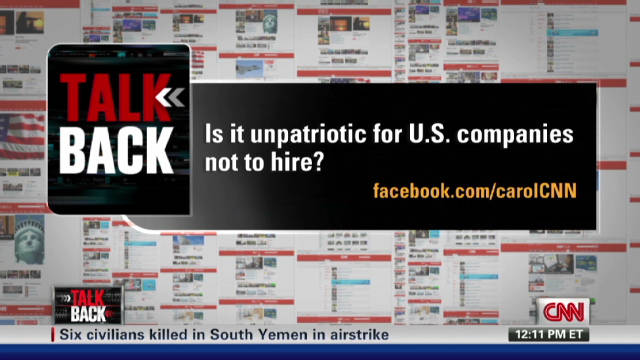

 Full credit here is given to “Peter Cembalest, who specializes in
conceptualization of such phenomena”; I assume that Peter (age 9) helped
out too with the Icelandic bonus extra, for people who make it to page
three. But Iceland sadly didn’t make the cut as one of the “12 players
in the EMU Debt Crisis most likely to affect policy from here”.
Full credit here is given to “Peter Cembalest, who specializes in
conceptualization of such phenomena”; I assume that Peter (age 9) helped
out too with the Icelandic bonus extra, for people who make it to page
three. But Iceland sadly didn’t make the cut as one of the “12 players
in the EMU Debt Crisis most likely to affect policy from here”.


